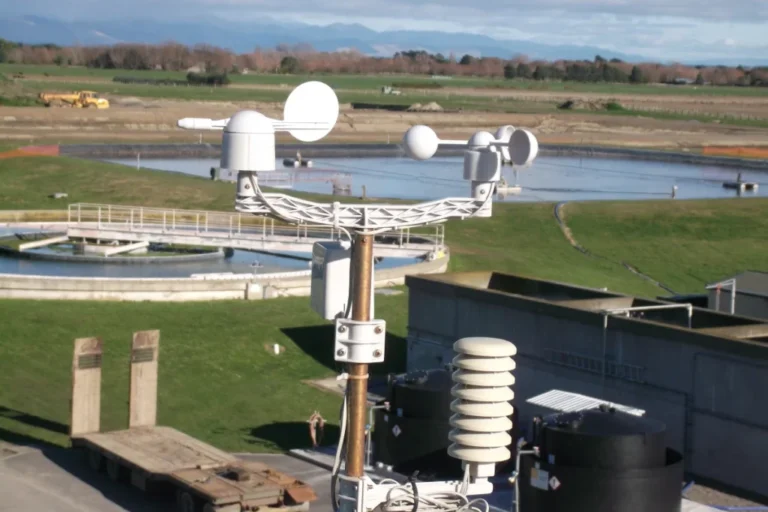Albanese warned to stand firm on tax cuts as he vows bipartisan approach
Click:全国楼凤论坛
Click:856A1491G02
Anthony Albanese has been warned by colleagues to hold the line against the government's medium-term tax cuts as the incoming Labor leader puts his stamp on the job by offering to work with Prime Minister Scott Morrison on key policies to end "conflict fatigue".
Meanwhile, the Coalition has opened a dialogue with key Senate crossbenchers, who have requested a briefing with Reserve Bank governor Philip Lowe and Treasury secretary Phil Gaetjens as they consider whether to support the government's entire $158 billion tax cuts package.
Centre Alliance's Rex Patrick and Stirling Griff could help the government pass the package without Labor's support, but will need to be reassured by regulators that there is a sufficient budget buffer to weather growing economic headwinds.
Finance Minister Mathias Cormann called the South Australian crossbenchers two days ago, but Senator Patrick said negotiations had not moved beyond a "holding pattern".
Advertisement
"If people end up benefiting from a tax cut, there is nothing wrong with that," he said.
"But what happens to people who didn't get a tax cut [if] there's a downturn in the economy. They become much more susceptible to an adverse outcome. That's not just the unemployed, it could also be pensioners."
Mr Albanese challenged Mr Morrison to recall Parliament before June 30 to pass the first tranche of the tax cuts package, which mostly benefits low- and middle-income earners. He pledged Labor's support for that stage, while the later stages were "up for discussion and debate".
But there is concerted resistance within the party for a deal with the government. Outgoing Labor senator Doug Cameron, who remains in the caucus, said it was "crazy to be proposing tax cuts so far out when you don’t know what the economy's going to look like".
He said Labor should back the first tranche of tax cuts but anything further was "a con job". "We must not capitulate to News Corp and the big end of town by becoming Liberal-lite," Senator Cameron warned.
Another left-wing MP, who declined to be named, said it would be a mistake for Labor to acquiesce to the government's demand that the package be passed in full.
"I don't think the message from the [election] is that we need to give in on everything," he said. "I don’t think we need to all of a sudden start delivering tax cuts to the highest income earners in the country."
Some Labor MPs contacted on Monday suggested the party would attempt to split the bill in the Senate – but if that failed they would likely be forced to wave through the whole thing.
Others argued the government was desperate to legislate its core election promise and Labor could afford to stare it down until the bill was split – especially since stages two and three did not take effect for some years.
Stage two, beginning in 2022, would increase the upper threshold of the 32.5 per cent tax bracket to $120,000 from $90,000. Stage three, starting in 2024, would reduce the 32.5 per cent rate to 30 per cent, meaning all taxpayers earning under $200,000 would only pay 30 cents in the dollar.
Mr Albanese left the door open to supporting the latter stages, but stressed he would not anticipate the decisions of his yet-to-be-assembled shadow cabinet.
Labor's caucus will meet for the first time since the election on Thursday to confirm Mr Albanese as leader, Richard Marles as deputy and the party's frontbench. It is likely former Labor leader Bill Shorten will find a place on the team, as will ACT senator Katy Gallagher.
Loading
On Tuesday, Mr Albanese will travel to Queensland to begin the task of repairing Labor's damaged reputation in a state where the party's primary vote dropped below 27 per cent.
Mr Albanese used his first press conference as leader-elect to offer an olive branch of bipartisanship to the government on the key issues of climate change and recognising Indigenous Australians in the Constitution.
He said voters wanted "solutions, not arguments", and the business community was "crying out for certainty" when it came to climate action after more than a decade of bickering.
"I'm not Tony Abbott," Mr Albanese said, in reference to the former Liberal leader who took a staunchly aggressive approach to his job as opposition leader. "Some reforms require bipartisan support … the time for the ongoing conflict over these issues surely is over."
